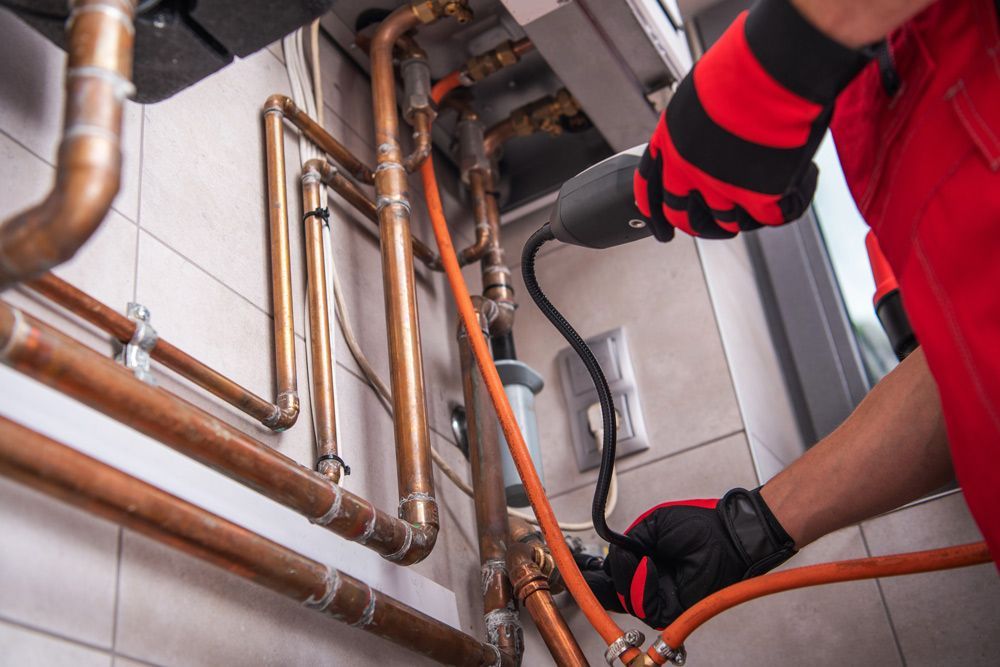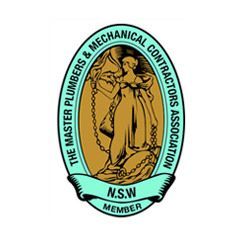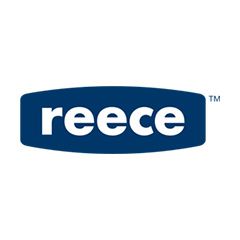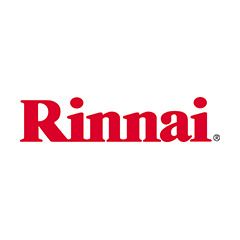8 Causes of Blocked Drains & How Plumbers Fix Them
Blocked drains are among the most common plumbing issues both homes and businesses face. While a slow-draining sink might seem like a minor inconvenience initially, it can quickly escalate into a messy, costly situation if not addressed promptly. Understanding the typical causes of blocked drains—and how professional plumbers resolve them—can help you make informed decisions and prevent recurring issues. If you’ve ever wondered how plumbers clear blocked drains, this guide will walk you through the process, from diagnosis to effective long-term solutions.
Let’s look at a few common culprits behind blocked drains and the strategies qualified plumbers use to fix them.
1. Everyday Habits That Unknowingly Block Your Drains
Many blocked drains begin with well-meaning but problematic routines. While rinsing food scraps into the sink or using excessive amounts of soap might not seem damaging, over time, they contribute to significant buildup.
Plumbers often trace blocked kitchen or bathroom drains back to habits like:
- Pouring cooking oils and fats down the sink
- Flushing sanitary items or wet wipes
- Rinsing coffee grounds or rice into the drain
- Using chemical drain cleaners that damage pipes
A professional plumber doesn’t just clear the blockage—they assess your system and recommend behavioural changes. Jet blasting may remove grease, while CCTV drain inspections help identify persistent clogs caused by improper waste disposal.
2. When Tree Roots Break Into Underground Pipes
Tree roots are naturally drawn to moisture and nutrients, making your plumbing system a prime target. Even tiny cracks in underground pipes can invite roots, leading to slow drainage or complete blockages.
Plumbers handle this issue by:
- Conducting CCTV camera inspections to locate intrusions
- Using root-cutting tools or high-pressure water jets to clear roots
- Offering pipe relining or pipe patching to seal off entry points
Ignoring root damage can lead to repeat blockages or major structural issues, making early intervention crucial.
3. The Hidden Impact of Damaged or Misaligned Pipework
Underground pipes can become misaligned due to shifting soil, heavy vehicle traffic, or ground movement over time. When this happens, waste doesn’t flow smoothly and may collect at low points, eventually leading to a blockage.
Plumbers can identify and resolve these issues by:
- Performing drain camera inspections to detect sagging or cracks
- Recommending trenchless pipe relining where excavation isn’t viable
- Replacing severely damaged pipe sections with minimal disturbance
Timely repair prevents wastewater backups and protects your property from extensive water damage.
4. How Bathroom Products Are Clogging Your Pipes
The bathroom is often the site of stubborn blockages caused by non-flushable products. While the packaging on many items might suggest they’re “flushable,” most don’t break down properly and can clog drains quickly.
Products that frequently cause bathroom drain blockages include:
- Baby wipes, makeup wipes and sanitary pads
- Excess toilet paper or “flushable” toilet wipes
- Dental floss and cotton buds
- Hair clumps washed down the sinks and showers
Plumbers use plunging, drain snakes, and professional-grade augers to dislodge these materials. They may also advise on better disposal practices to avoid future problems.
5. What Happens When Outdoor Drains Become Overwhelmed
Outdoor drains are designed to handle stormwater, but they’re especially vulnerable to blockages caused by organic debris. Water can pool around buildings when these drains clog or flow back into indoor plumbing.
Common causes of blocked outdoor drains:
- Accumulated leaves, mulch or lawn clippings
- Sediment or silt washed into the grate
- Tree roots invading the stormwater system
Professional plumbers respond by:
- Removing surface debris and flushing the line with high-pressure water
- Installing protective drain grates or gutter guards
- Recommending periodic maintenance, especially before storm season
Keeping outdoor drainage systems clear is essential to avoid flooding and water damage.
6. Kitchen Sink Clogs: More Than Just Food Waste
While food scraps are an obvious culprit, kitchen sink clogs often result from a combination of substances forming a stubborn blockage inside the pipe walls. Grease is especially problematic, hardening as it cools and capturing other debris.
Plumbers tackle kitchen sink clogs by:
- Jet blasting the drain to cut through grease and gunk
- Inspecting pipes with CCTV to rule out deeper issues
- Recommending enzyme-based cleaners to maintain flow safely
Typical items found in kitchen drain clogs include:
- Cooking oil, fat and grease
- Eggshells, pasta and coffee grounds
- Soap scum and detergent residue
- Fibrous vegetable peelings
Changing your kitchen disposal habits is one of the simplest ways to prevent recurring issues.
7. Blocked Drains in Commercial Settings
Businesses face unique drainage challenges, especially in the hospitality and healthcare sectors. High foot traffic and heavy use of sinks, dishwashers, or grease traps mean blockages can occur more frequently—and cost more if operations are disrupted.
Common commercial blockage sources:
- Grease and food waste from commercial kitchens
- Hair and body products in shared facilities like gyms or salons
- Paper towels and hygiene products in public toilets
Plumbers serving commercial clients typically provide:
- Preventative maintenance plans and drain cleaning schedules
- Emergency blocked drain response outside business hours
- Grease trap cleaning and compliance documentation
A commercial-grade plumbing approach is essential for maintaining business continuity and compliance.
8. Preventive Plumbing: How to Stop Blocked Drains Before They Start
The most effective way to handle blocked drains is to avoid them in the first place. Preventive plumbing is a growing focus for households and businesses alike, especially in areas prone to tree root intrusion or high rainfall.
Preventative strategies include:
- Booking routine drain inspections to detect minor issues early
- Installing backflow prevention devices and strainers in key areas
- Educating occupants on what can and can’t go down drains
- Scheduling pipe relining before root damage worsens
By working with a qualified
plumber in Ulladulla, you can develop a tailored maintenance plan to keep your drains flowing freely all year round.
Know What Causes Blocked Drains? We’ll Help You Stop Them
At Accredited Plumbing, we diagnose and resolve all types of blocked drains with minimal disruption to your home or business. Whether you’re dealing with a clogged kitchen sink, stormwater overflow, or tree root intrusion, our team is equipped with the tools and expertise to get things back to normal—fast.
We proudly offer plumbing services across Ulladulla and the surrounding areas. Get in touch via our contact page or give us a call for more information or to book a consultation or service. Let’s keep your drains clean and your plumbing stress-free.













